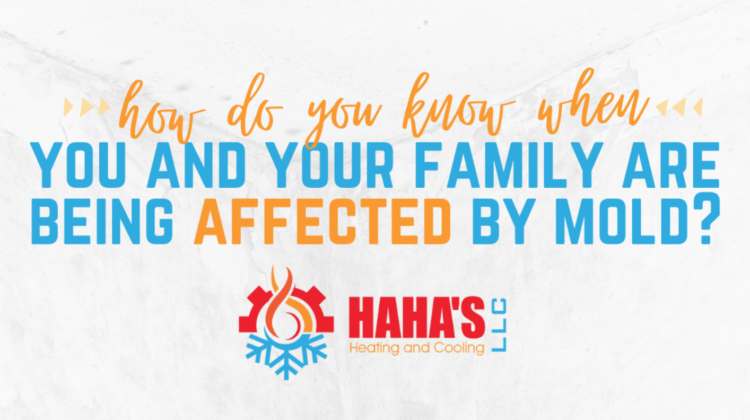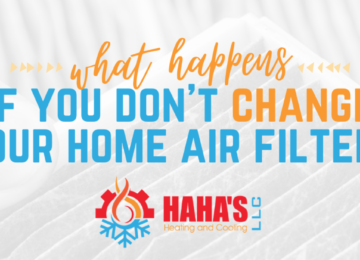Did you know that approximately 28% of the population has genes that make them highly susceptible to mold-related health issues? At a time when we are spending 90% of our days in doors, mold growing behind walls, in ventilation, or in dark damp corners of a home can become a very real concern for families.
To keep your family healthy, we wanted to break down what exactly mold is, the damage it can cause to the body, and how to know if you or a family member might be suffering from its effects.
What exactly is mold
Molds are organisms that grow both indoors and outdoors. When they are outdoors, they are an important part of the environment. Indoors, mold can create significant health issues for all that encounter its spores.
Indoors, mold enjoys growing in spaces that are in darkness more than they are in the light, and have lots of humid air or moisture. This often results in mold forming in places such as:
- Around windows
- Near leaky pipes
- In the ceiling above the drywall
- Bathrooms, Basements, and Attics
- Crawl spaces, Heating & Cooling Ducts, and Air Conditioning Units
- Inside walls if there is a lot of moisture or humidity in the house
When mold grows in a home, it releases spores that contain mycotoxins, which trigger a wide range of issues in our bodies when inhaled.
According to experts, as many as 50% of homes experience mold at some point and time. Meanwhile, 93% of chronic sinus infections are because of mold, 21% of asthma cases are due to mold reactions, and 40% of those living in homes with mold can develop asthma.
So how can you know if you have it?
What are the symptoms
Your home might have a mold issue if you experience any of the following:
- Runny nose and congestion
- Frequent headaches
- Lung irritation and trouble breathing
- Unexplainable skin rashes
- Excessive coughing or sneezing
- Wheezing
- Brain fog and trouble remembering simple things
- Feeling like you have the flu
- Unexplainable nausea
- Chest pain
- Fever
- Feeling lethargic and sluggish
Additionally, if you have any of the following conditions, you may be at an increased risk for severe complications and infections due to inhaling the mold spores and how they interact with your body:
- Allergies
- Asthma
- Chronic obstructive pulmonary disorder (COPD)
- Compromised immune system
- Cystic fibrosis
For example, if someone in your household has asthma, it can be extremely easy for them to have an asthma attack due to the bodily reaction to the mold, or a weakened immune system’s inability to fight off other allergens.
What to do if you think your home may have mold
If you believe your home may have mold, you will want to reach out to a healthcare provider for an examination and testing, and schedule an appointment for a heating and ventilation cleaning with a provider such as Haha’s heating and cooling. The provider can also check all of the concerned piping that may have leaks, as well as the air conditioning unit and ducts. Since mold can spread to places you can see as well, if there are visible mold deposits, you can open windows and use either a commercial product, or a solution of bleach, soap and water. You can consult a professional on what measurements to use.
Mold is nothing to take chances on. Often starting as a single spot, a mold colony can grow extremely quickly in places both visible and undetectable. That mold can then release harmful spores and spread throughout your home. This is why it is so important to have the inside of your ductwork routinely cleaned, and call professionals to identify potential problem areas if you find yourself with a leak, excess humidity and moisture, or water damage.
At Haha’s Heating & Cooling, we pride ourselves on keeping you safe. Give us a call at (816) 456-8535 or visit us at https://hahasheatingandcooling.com/ to make sure your family stays healthy and safe.





Leave a Reply